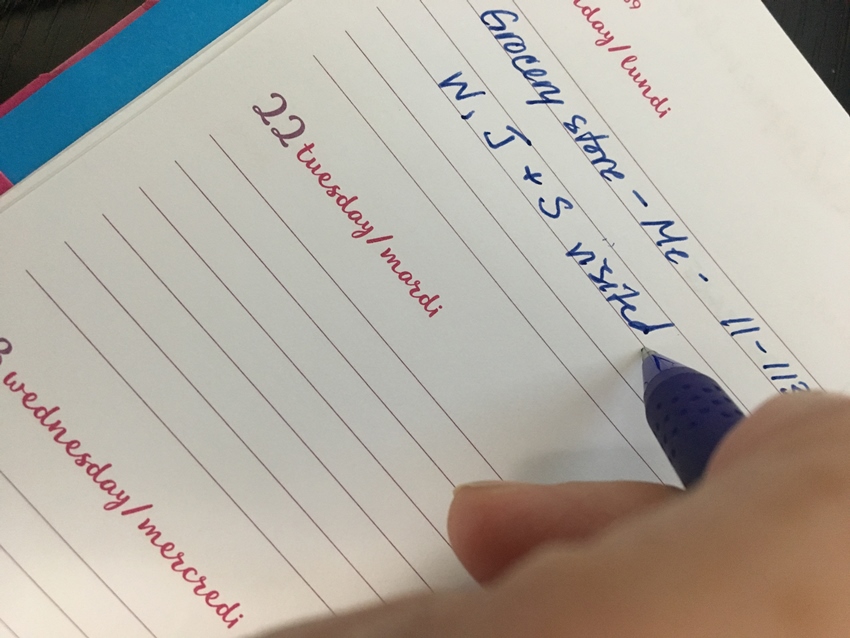Wash your hands.
Stay two metres apart.
These are two pieces of advice we have heard repeatedly since the start of the COVID-19 pandemic. But there is one more important proactive thing you could be doing to proactively help others. You could be tracking your contacts in case you become infected with COVID-19.
Contact tracing is essentially detective work. It begins when someone tests positive for COVID-19. That person is asked to list, with as much detail as possible, where they have been and who they have been in contact with. If you were diagnosed with COVID-19, could you name every person and location you and/or your family has been in the last two weeks including times and dates? Lives are busy and remembering all that detail, especially if multiple family members are involved, can be hard!
Step 1: Plan
Your options for recording your contacts are vast. Use your phone, a daytimer, a calendar or even just a notepad.
Step 2: Do
Record the details of when, where and who for every bubble member. Make sure to include the date and which member of your bubble was involved and at what time. Please ensure you have valid phone numbers for these people at the ready.
Example
- August 17
- XX Pharmacy, Mom, ~11am
- XX dentist, Mom & R, 11:45am-12:15pm
- XX grocery store, Dad, 4:30pm
- XX gas station, Dad, 5pm
- XX’s house with friends F, J and T, C, 8-10:30pm
Step 3: Repeat daily
You may never need it, but if you are diagnosed with COVID-19, your contact record could help significantly slow the spread of the COVID-19 virus.
Author: Saskatchewan Health Authority
Date: Friday, August 28, 2020
Article: “Knowing your contacts a proactive precaution”
Medium: Saskatchewan Health Authority Website

